Sep 21 | 2020
Advances in digital tech are creating better, more efficient futures for Europe’s ports.
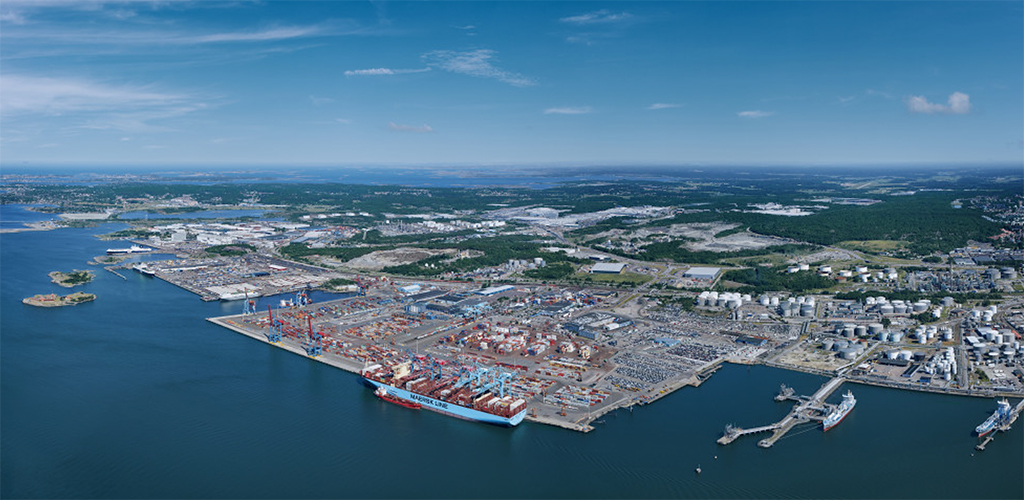
The case for digitalisation
Ports and terminals throughout Europe are looking to new technologies to improve operations.
Efficiency and greater communication between all stakeholders, as well as supply chain visibility, are real market needs.
However, not everyone has been keen to embrace cyberspace and digital port solutions.
According to BIMCO, just 49 of the 174 Member States of the International Maritime Organization (IMO) possess functioning Port Community data exchange systems as of June 2020.
The IMO’s pan-industry Call to Action, “Accelerating Digitalization of Maritime Trade and Logistics” notes: “While some port communities seized the opportunities of the fourth industrial revolution and developed into full-fledged ‘smart’ ports, many others have barely grasped the essentials of digitalisation and continue to struggle with larger reliance on personal interaction and paper-based transactions as the norms for shipboard, ship-port interface and port-hinterland based exchanges.”
Additionally, COVID-19 has also exposed vulnerabilities at those ports that do not have community systems or digital solutions in place. Those that do may also have areas in their existing systems that will require improvement moving forward.
For example, the Port of Rotterdam, an early adopter of digitalisation and a market-leader, still has physical and data issues around warehousing. This has come AFTER implementing shipping and vessel movement optimisation measures in the port to allow smoother loading/unloading. The lack of a digital handshake between the two areas has caused headaches.
A full digital ecosystem, incorporating all aspects of the port include intralogistics, is a no-brainer. It’s where the industry wants to be.
Port solutions in practice
We can look around Europe for many examples of functional, sophisticated digital port solutions and what they can offer to operators and customers alike.
For example, Wilhelmshaven Telematics is the Port Community System used in Wilhelmshaven, Germany and developed by dbh.
As a data hub in the port’s modern IT infrastructure, Wilhelmshaven Telematik records and tracks all goods shipments in the Wilhelmshaven port. This gives its operators a wide overview of port activity and data touch points.
In addition to the terminal operators, the system also incorporates freight forwarders, shipowners and port authorities, as well as the residents of Wilhelmhaven's Logistic Zone.
The system’s benefits are:
- One-time and fast data collection
- Central availability of data
- Electronic planning and order processing for containers
- Improved customs entrance and exit checks
- Easy status information, monitors and feedback
Digitalisation as a response to COVID-19
Updated digital infrastructure is also key in the fight back against COVID-19. Gothenburg's Permesso system, introduced in 2019, has significantly reduced administration and face-to-face contact when issuing work permits to contractors, for example.
Malin Collin, Deputy CEO at the Gothenburg Port Authority, said that extensive digital changes at the port will be introduced within the near future and could make a substantial difference.
“We are currently examining how artificial intelligence can make use of historical data to predict events and speed up the decision-making process," Collin said. "We can improve planning through data-driven decisions, identifying trends, and predicting events. By doing so we can create a platform for more efficient freight flows and transport movements on land and at sea.”
Smarter machines = smarter ports?
AI and the Internet of Things is the next step in port digitalisation and connectivity.
Machine learning allows for smarter predictions on port operations, and the ability for machines to communicate with one another greatly aids efficiency.
Two Finnish firms, Awake.AI and Silo.AI, have been collaborating on AI detection software project to apply machine learning technologies to improving situational awareness at ports through analysis of freight and logistics chain data.
One of the new technologies developed by the partners is a machine learning based cargo ship arrival prediction system, which can be used to provide forecasts of estimated times of arrival and departure for vessel port calls.
The second product of the collaboration project is a computer vision based system that analyses and monitors cargo and vehicles in a port in real time, providing data that can be used to improve the efficiency of cargo logistics planning while also improving the detection of anomalous situations as they happen.
In addition to third party suppliers, many ports are developing smart tech with their own partners.
The Port of Gdansk Authority signed an agreement with the Gdansk University of Technology to implement Internet of Things (IoT) pilot programmes to increase security and efficiency in August 2020.
The port authority said the planned implementations include “a number” of IoT solutions, and initiatives based on data procession with the use of AI.
It will also include the development of “secure and reliable solutions” and work on wireless communications and protection against cyber-attacks.
A tech-led future for Europe’s top maritime centres is developing
The key ports in Europe’s maritime network are beginning to pioneer or embrace digital aspects of their service. As the 21st century progresses, this will only intensify.
There are substantial opportunities for software developers to make a real impact in the world of maritime logistics. Explore your opportunities, be they exhibiting your software or browsing for tech suppliers, at Breakbulk Europe.
The event will return to Bremen from 18-20 May 2021 to help connect all players in the project cargo ecosystem for all-important networking, deal-making and financial year planning. If you would like information on the future event, please contact the team today.
Photo cedit: Port of Gothenburg
Subscribe to BreakbulkONE and receive more industry stories and updates around impact of COVID-19.


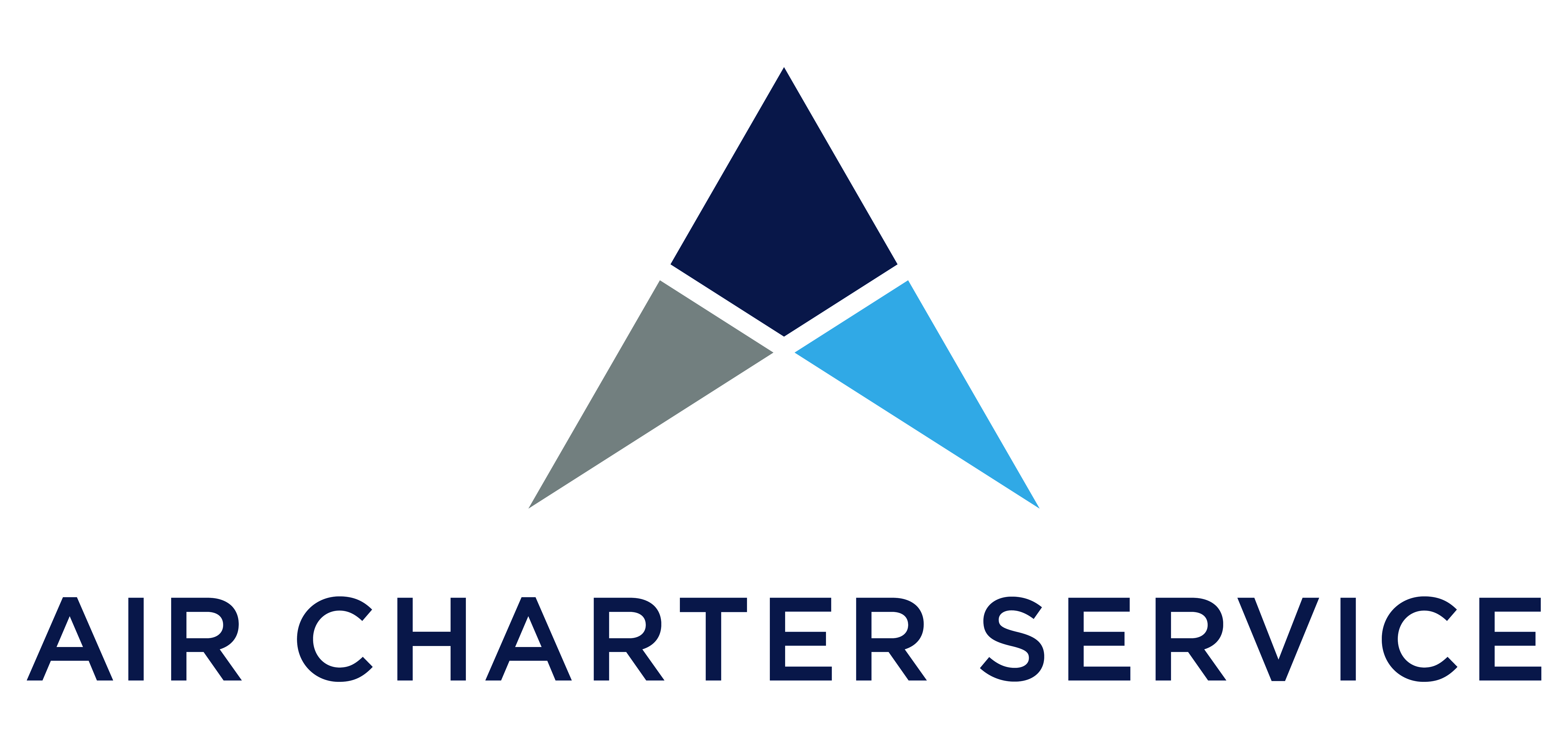


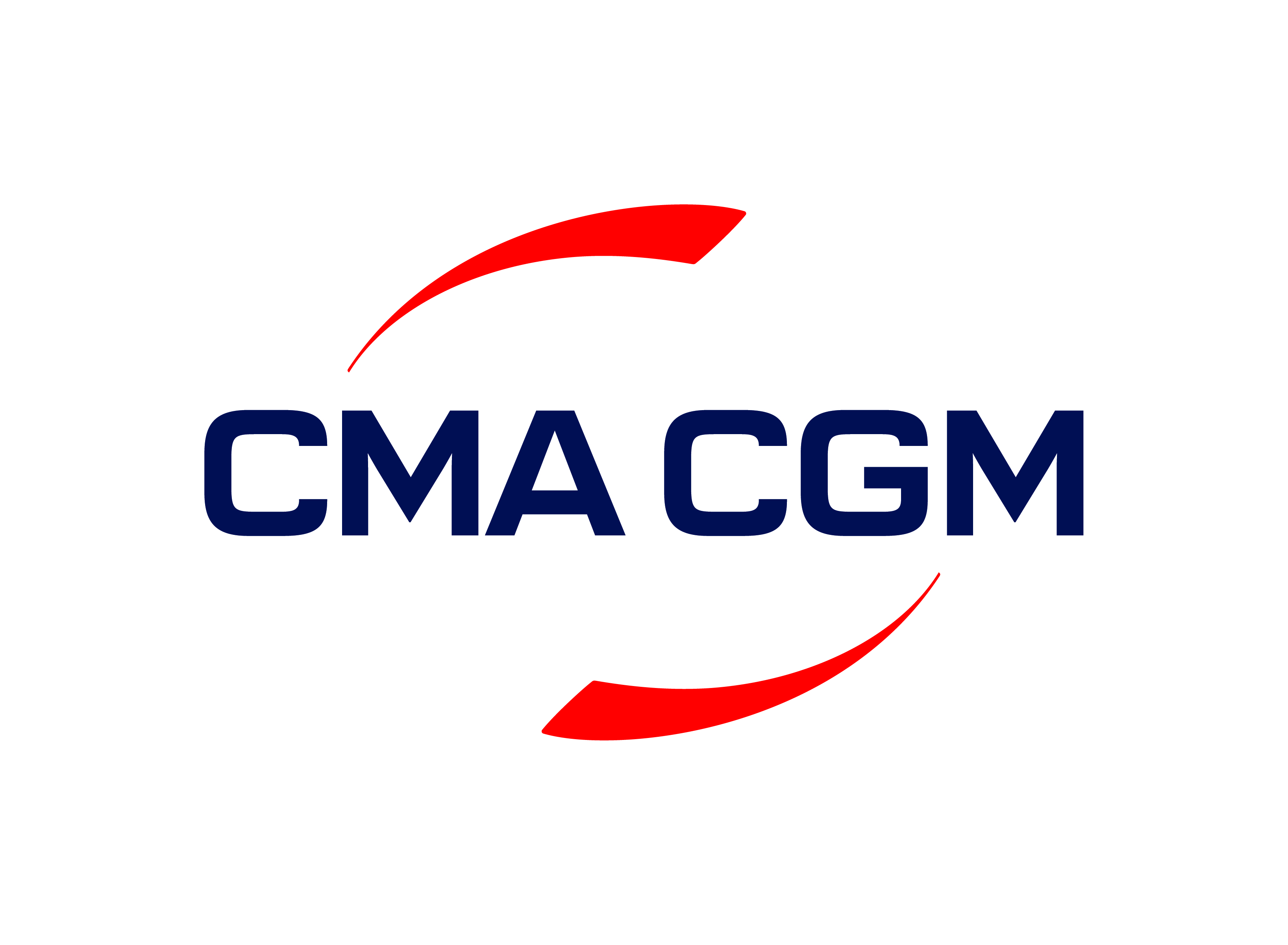
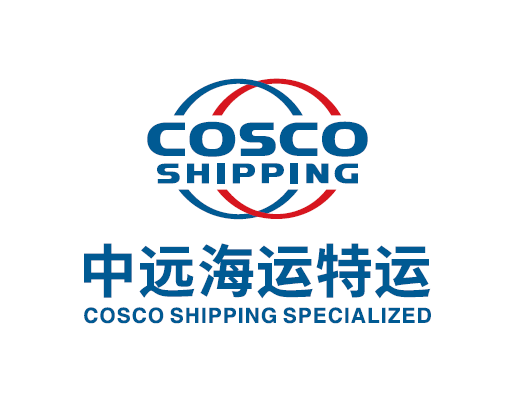

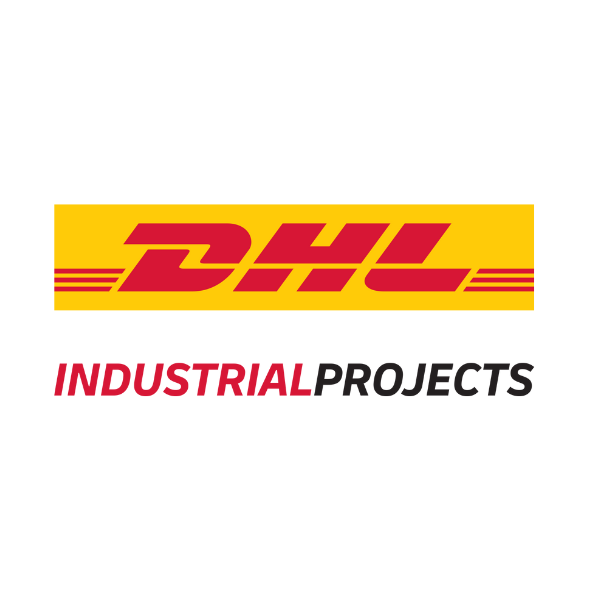
.png?ext=.png)

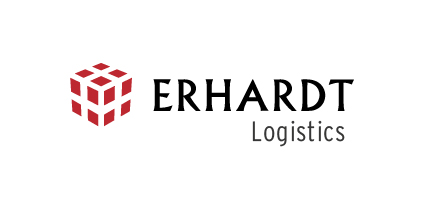

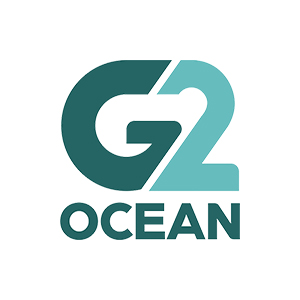
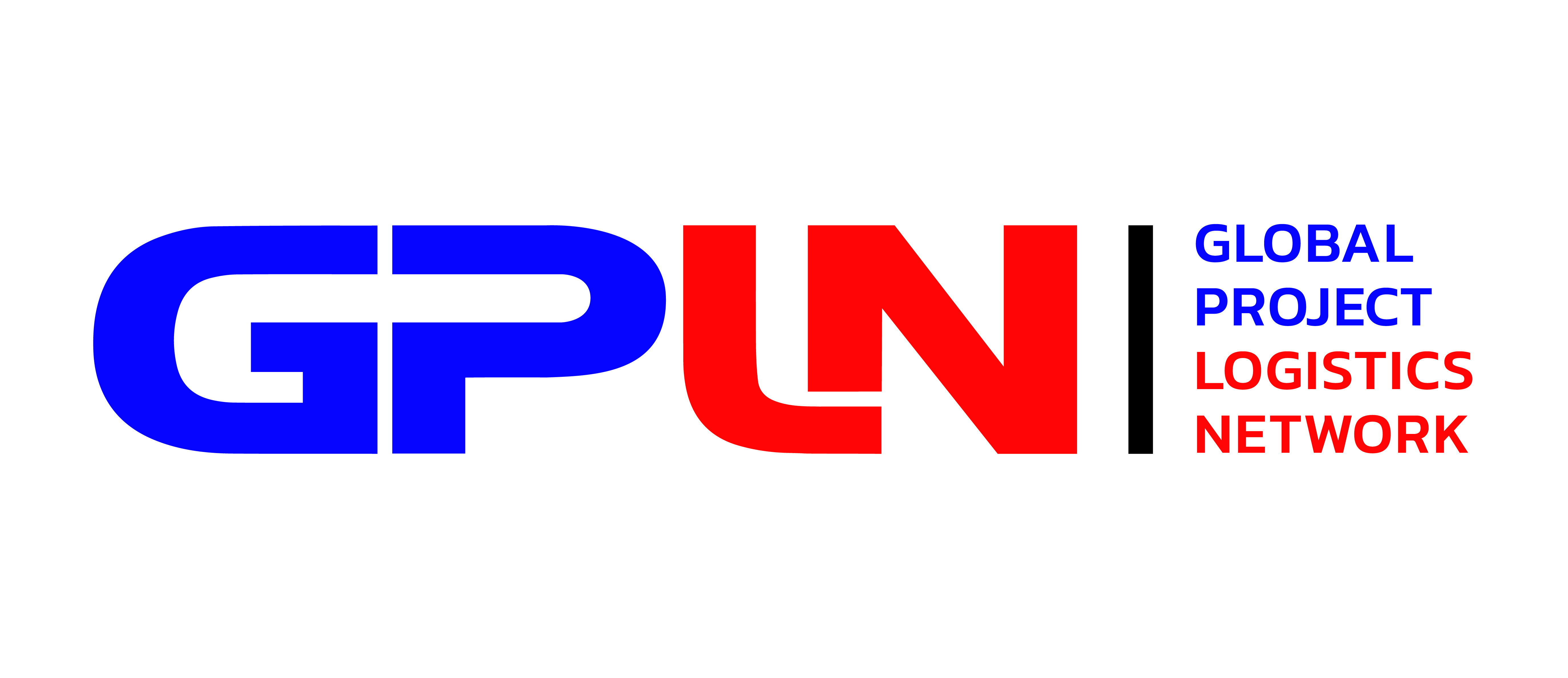


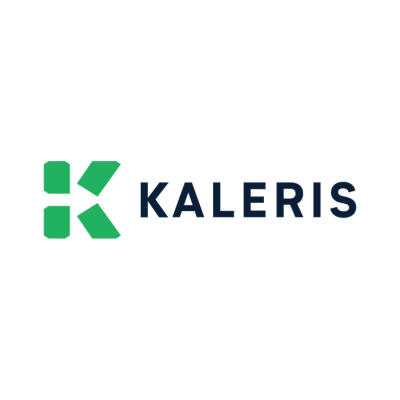
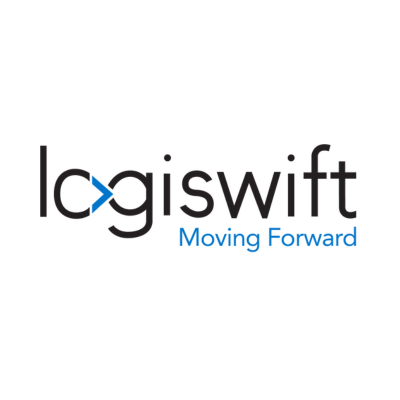
.png?ext=.png)




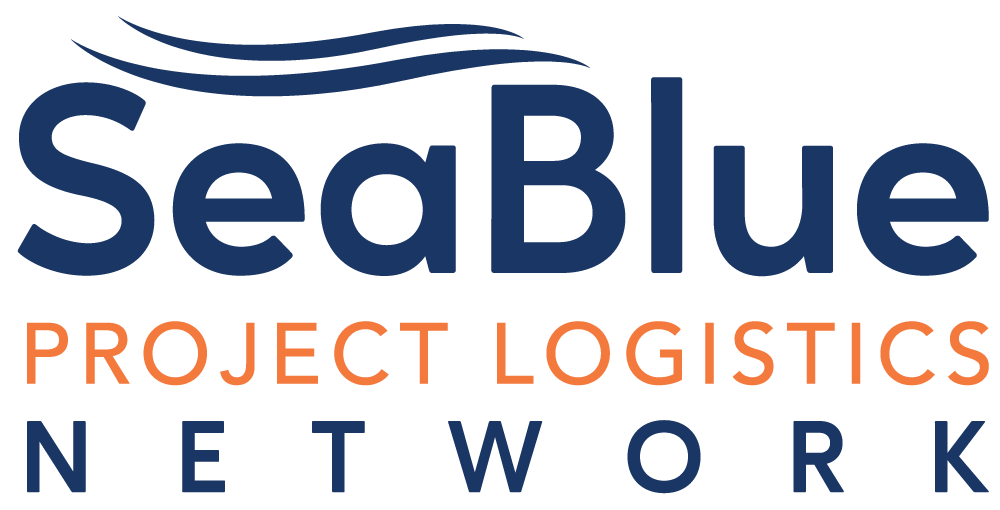

.png?ext=.png)



